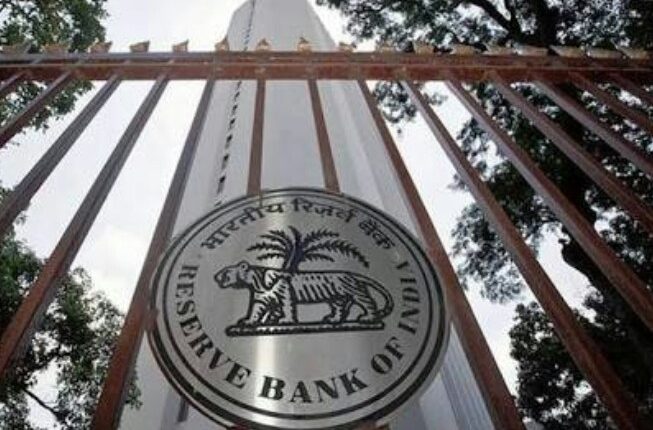The Reserve Bank of India (RBI) continues to test and work on its Central Bank Digital Currency (CBDC), more commonly referred to as the Digital Rupee (e₹), as it looks to reduce the over-reliance on cash and revolutionize the digital payments and system in the world’s second-largest internet market. While maintaining its hard stance towards cryptocurrencies (which have had a hard time this year), the Indian central bank announced that the first pilot for the retail digital currency in India launches on Thursday, December 1.
As per earlier press releases and media reports, the apex bank of the country had announced that it would “soon” commence the pilot launches of Digital Rupee (e₹) for specific use cases.
Operationalisation of Central Bank Digital Currency – Retail (e₹-R) Pilothttps://t.co/Coh632lCwU
— ReserveBankOfIndia (@RBI) November 29, 2022
The maiden pilot for the Digital Rupee for the wholesale segment (e₹-W) was set to commence from November 1, and the first pilot for retail Digital Rupee (e₹-R) comes exactly a month after that. According to a press release by the RBI, the bank has already tapped a number of banks who will be participating in the pilot for the digital currency in the retail segment.
In the initial phase of the pilot, four banks – State Bank of India (SBI), ICICI Bank, Yes Bank, and IDFC – will be participating in four cities across the country – Mumbai, New Delhi, Bengaluru and Bhubaneswar. Later on, an additional four banks – Bank of Baroda, Union Bank of India, HDFC Bank and Kotak Mahindra Bank – will join the pilot, which will be expanded to include Ahmedabad, Gangtok, Guwahati, Hyderabad, Indore, Kochi, Lucknow, Patna and Shimla.
For now, the pilot will cover select locations in closed user groups, which will be made up of participating customers and merchants alike, and test the robustness of the entire process of the creation distribution, and retail usage of the CBDC, all in real time. And based on the findings of the pilot, future pilots will focus on the different features and applications of the digital rupee token and architecture. The digital rupee will, of course, not earn any interest and can be converted to other forms of money, such as deposits with banks. Moreover, it will offer features of physical cash like “trust, safety and settlement finality.”
According to the RBI, the e₹-R will be in the form of a digital token that represents legal tender, and will be issued in the same denominations that paper currency and coins are currently issued. The banks that have been tapped by the RBI will be in charge of distributing the e₹-R, and once the pilot is launched, users will be able to transact with the e₹-R through a digital wallet. With the e₹-R, they can also conduct transactions both between person-to-person (P2P) and person-to-merchant (P2M), and payments to merchants can be made using QR codes that will be displayed at merchant locations.
The Tech Portal is published by Blue Box Media Private Limited. Our investors have no influence over our reporting. Read our full Ownership and Funding Disclosure →






